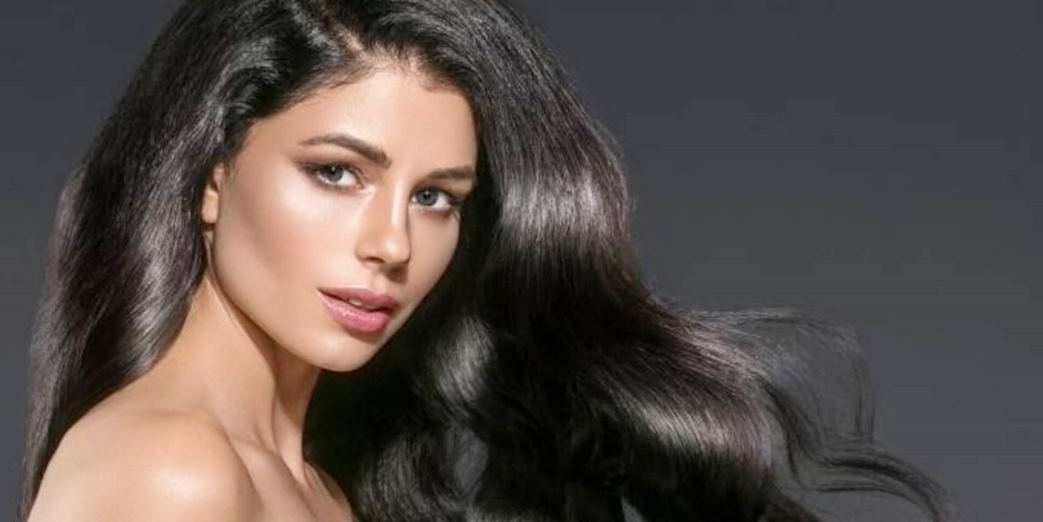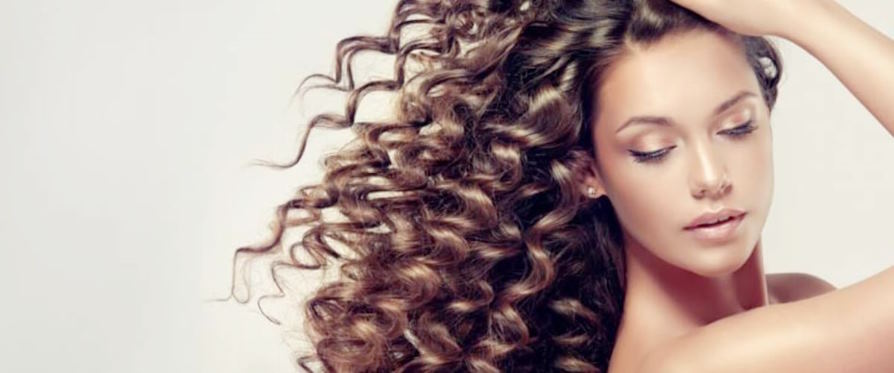Hair curvature, specifically the natural curls and waves in keratin-based strands, is a fascinating aspect of human biology that adds diversity and uniqueness to our appearances. Understanding the mechanisms behind curly hair and the role of keratin in shaping these patterns unveils the complex science behind our locks.
The Science of Hair Curvature
Genetic Influence
Genetics plays a significant role in determining hair texture and shape. The shape of the hair follicle, influenced by genetics, largely dictates whether hair grows straight, wavy, or curly. Variation in genes associated with keratin production affects the structure of the hair shaft, resulting in different curl patterns.
Keratin and Hair Structure
Keratin, a fibrous protein, is the fundamental building block of hair. It provides strength, elasticity, and structure to hair strands. Curly hair typically contains more disulfide bonds within the keratin structure. These bonds create kinks and bend in the hair, leading to curls or waves.
Disulfide Bonds and Curl Formation
Disulfide bonds are chemical bonds formed between sulfur atoms in the protein structure of keratin. These bonds are responsible for holding the protein chains together. In curly hair, more disulfide bonds and their arrangement contribute to the unique curvature. The more bonds present, the tighter the curl pattern tends to be.
Shape of the Follicle
The shape of the hair follicle also plays a role in determining hair curvature. Circular follicles produce straight hair, while more elliptical or oval-shaped follicles lead to curly or wavy hair. This follicle shape influences the angle at which the hair grows out of the scalp, impacting its overall curl pattern.

Managing and Styling Curly Hair
Proper Care Routine
Curly hair tends to be drier due to the natural oils having a harder time traveling down the twists and turns of the strands. Moisturizing shampoos and conditioners formulated for curly hair help maintain hydration and reduce frizz.
Avoiding Harsh Products
Avoiding products containing sulfates and alcohol can prevent excessive drying of curly hair. Instead, opt for sulfate-free shampoos and alcohol-free styling products that preserve natural moisture and maintain the integrity of the curls.
Gentle Handling and Detangling
Curly hair is more prone to tangling, so it’s essential to handle it gently. Use a wide-tooth comb or fingers to detangle when the hair is wet and conditioned to prevent breakage.
Styling Techniques
Embrace styling techniques that work with the natural curl pattern, such as diffusing or air-drying instead of high heat. Applying leave-in conditioners or curl-defining creams helps enhance and maintain the curls’ shape.

